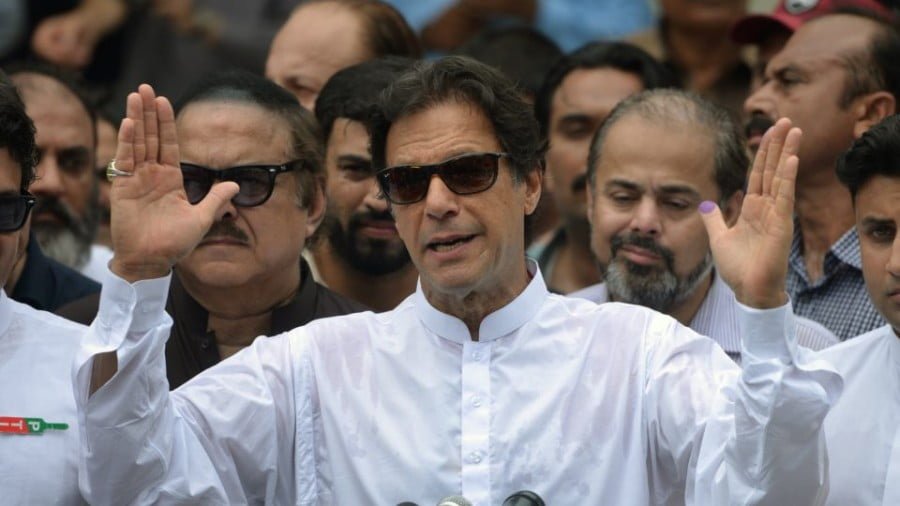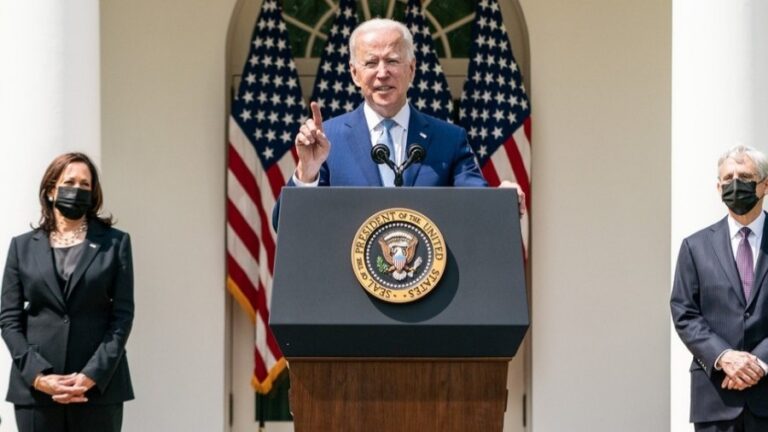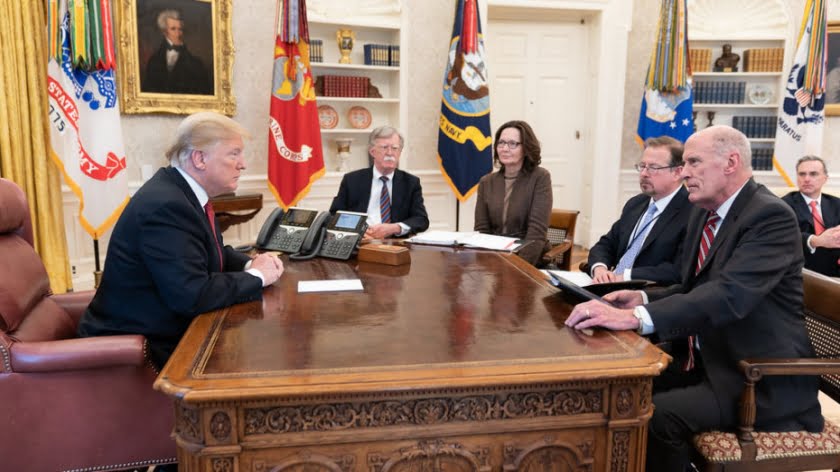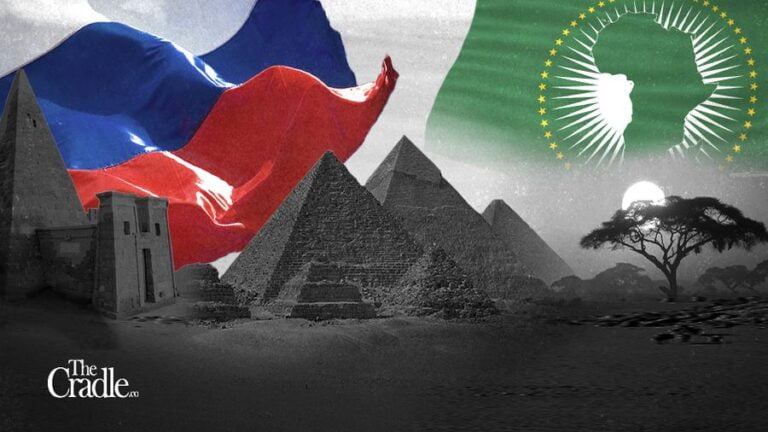Hopes and Forebodings in India Over the Rise of Imran Khan
Circumstantial evidence can be marshaled to establish that a level playing field was not available to Pakistan’s two mainstream political parties – the Pakistan Muslim League (Nawaz) and the Pakistan People’s Party – in the parliamentary poll on July 25.
But that alone cannot delegitimize the victory of the Pakistan Tehreek-e-Insaf party led by Imran Khan.
Khan likely benefited from the denial of a level playing field to Nawaz Sharif. But that is not the whole story. His mandate is authentic and he is no one’s creation. Khan astutely presented himself as the symbol of ‘change’ and his mandate reflects the Pakistani people’s craving for change.
In fact, the expectations of the people are high and Khan will be hard-pressed to fulfill them. The national program he outlined in his victory speech challenges entrenched interest groups, who will no doubt resist. Compromises may become necessary, even inevitable. If not, confrontation may ensue. The robust opposition will make the going very tough for Khan at every stage.
Three things must be said here. First, the rout of the ‘religious parties’ has been absolute. The astonishing part is that Pakistani voters displayed impeccable secular temper to reject any politician who sought to exploit religious sentiment.
Second, India did not figure as a topic during the election campaign. The focus was almost entirely on Pakistan’s political economy. Third, and most importantly, Khan managed to secure a fairly broad-based mandate, although Khyber-Pakhtunkhwa remains his citadel.
Role models
The good part is that Khan has a track record of some two decades in politics. Which is saying a lot because politics in Pakistan is not for the faint-hearted. Interestingly, Khan once mentioned as his four role models Malaysia’s Mahathir Mohamad, Turkey’s Recep Erdogan, Singapore’s late mentor Lee Kuan Yew and Brazil’s Luiz Inácio Lula da Silva, popularly known as Lula.
Doesn’t that say something about Khan? He would like to be seen as a forceful and decisive prime minister who is result-oriented – and, while being “populist,” a nation-builder and nationalist, too.
In the foreign policy arena, Khan appears to be more of an ‘Eurasianist’ rather than a ‘Westernist.’ Both China and Russia have shown high regard for him – probably anticipating a regional realignment under his leadership that is conducive to multipolarity in regional and world politics. Considering that Pakistan is a major Muslim country, its strategic autonomy is of keen interest to China and Russia.
Khan’s ascendance may prove to be hugely consequential for regional security and stability. He has severely questioned the raison d’etre of the Afghan war and has called for an end to the Western military presence in the region. The US State Department statement on the Pakistan election has been noticeably critical, albeit sidestepping Khan himself.
Khan’s rise is a fortuitous happening for Tehran insofar as with Erdogan’s Turkey and Khan’s Pakistan, it gains strategic depth to counter the US’s containment strategy. Again, the China-Pakistan Economic Corridor will be put on fast track. On the whole, the prospects appear good for accelerating Pakistan’s Eurasian integration.
A sense of déjà vu
The big question is about Pakistan’s relations with India. Alas, Indian analysts see Khan’s rise with a sense of déjà vu. Of course, the reality on the ground is that the Pakistani army leadership will remain in the driving seat, and this is worrisome thought for Delhi. However, the flip side is that the army leadership and Khan are on the same page and Delhi at least knows who to dial if the need arises.
Delhi’s initial reaction altogether ignored Khan’s rise. Instead, the foreign ministry spokesman praised the Pakistani people’s “faith” in the democratic process. A sense of unease is palpable. But then, if Khan earned the nickname ‘Taliban Khan,’ it is for good reason. He also has a history of making inflammatory statements about Kashmir.
Khan’s ascendance comes at a time when the situation in the Indian state of Jammu and Kashmir remains critical. The probability is high that Khan will not let India off the hook. Pakistan has consistently argued that an enduring settlement in Afghanistan will not be realistic so long as the Kashmir issue remains unresolved.
Fundamentally, the Indian dilemma is that it has nothing to discuss with Pakistan about Kashmir. The Modi government vows to retake the territory under Pakistan’s control. On the other hand, as long as the people’s alienation in Jammu and Kashmir remains so widespread, Pakistan will take advantage of the situation to force India to come to the negotiating table.
Meanwhile, India is also heading for crucial parliamentary poll early next year. In the backdrop of the Modi government’s waning popularity, the ruling BJP has pinned its hopes on polarizing Hindu votes. So keeping tensions with Pakistan in a state of animated suspension became the default position for the BJP.
How far Khan will acquiesce with this paradigm remains to be seen. The chances are he won’t. A troubled period lies ahead.
The Indian narrative so far has been that the late Benzair Bhutto and Nawaz Sharif, Pakistan’s two charismatic past prime ministers, could not really do much to improve relations with India due to the army’s corporate interest in perpetuating tensions with India.
However, a new predicament now arises for Delhi when the civilian and military leaderships in Pakistan get along well – having to choose between the devil and the deep blue sea.







